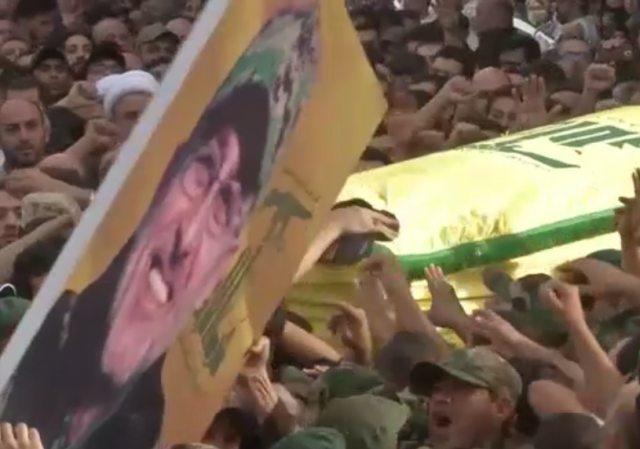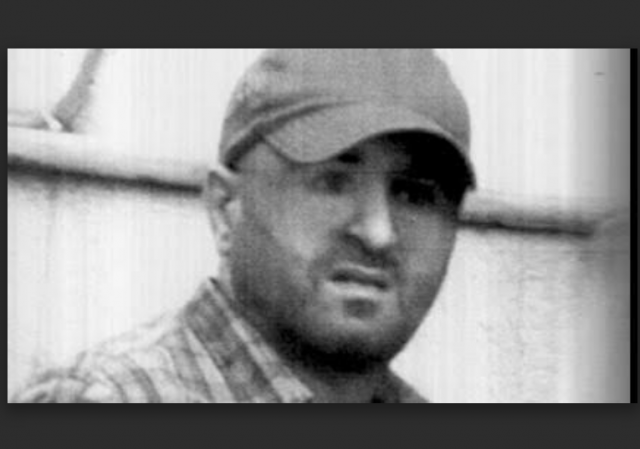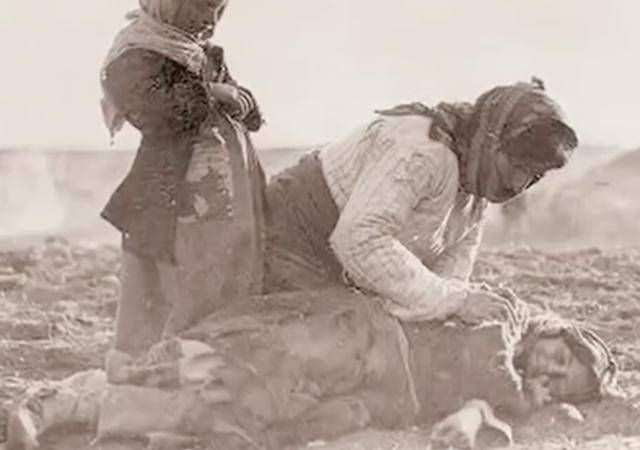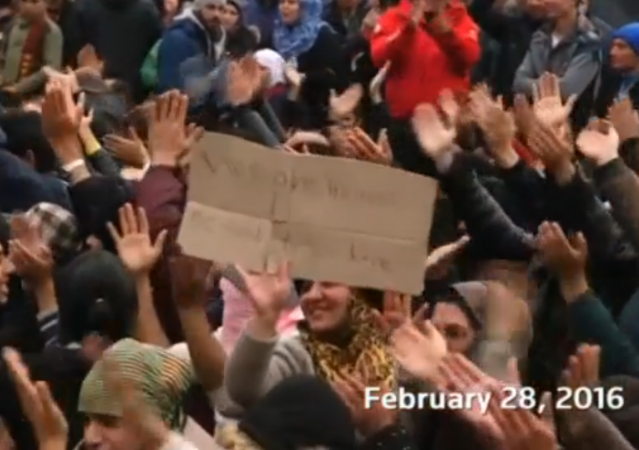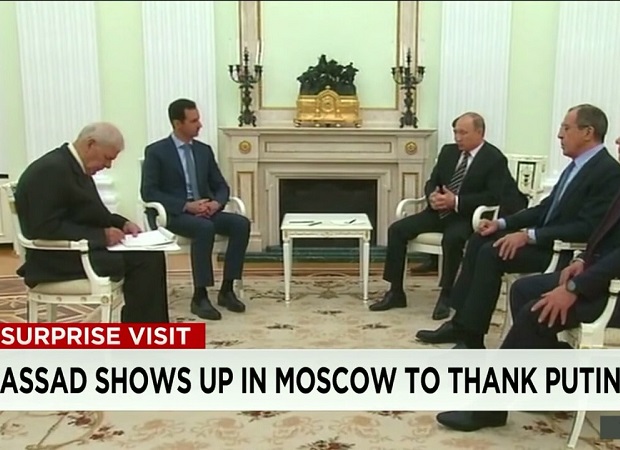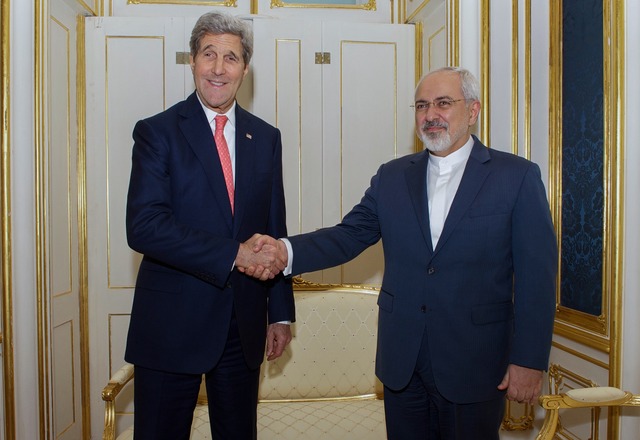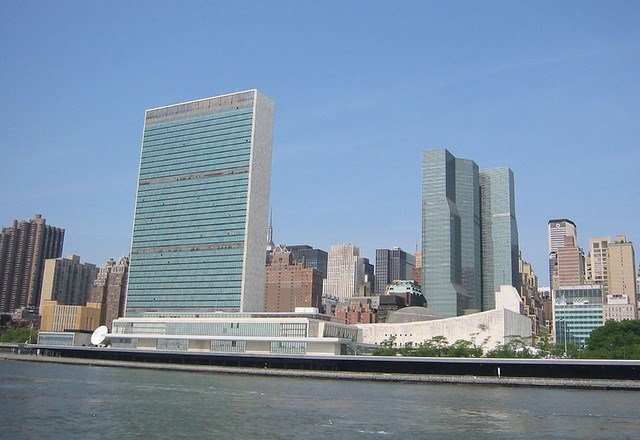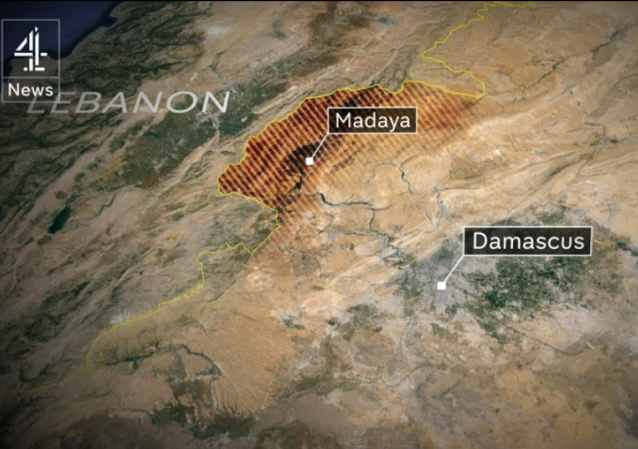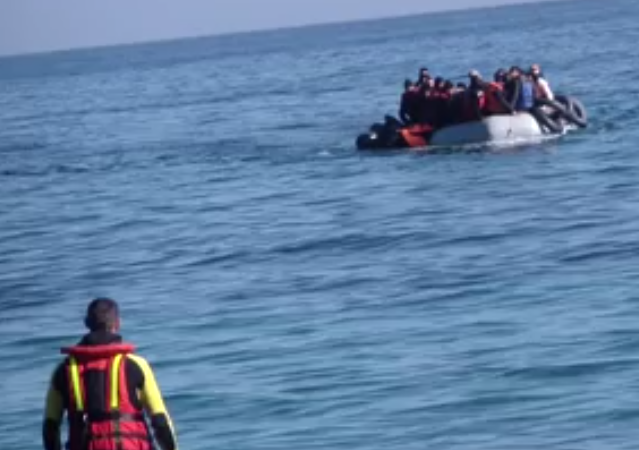Hezbollah Biggie Badreddine Blown Up, Big Mystery Follows
on May 14, 2016
7 Comments
We reported on Friday that top Hezbollah commander Mustafa Badreddine was killed in an explosion in Syria, but that the circumstances were unclear, Another top Hezbollah commander killed – but who dunnit?.
Badreddine was considered a master bomb maker, credited with developing that combination of explosives and gas that took down the U.S. Marine barracks in Beirut and numerous American and other diplomatic facilities. Badreddine of late was commander of Hezbollah forces propping up the Assad regime, and was hated not only by Israeli but also by many Arab states. So he had plenty of enemies, and plenty of people who wanted him dead.
But he also lived in the shadows, with few photos of him prior to his death (Hezbollah has released more photos after his death) and a life lived under assumed names.
While pro-Hezbollah Lebanese media immediately blamed Israel. That made perfect sense in light of Israel's presumed assassinations of numerous Hezbollah leaders, including Imad Mughniyeh (mastermind of almost all attacks on Israel and the U.S.), his son Imad Mughniyeh (who was killed along with several high level operatives and an Iranian general),Hassan Laqqis (key Hezbollah link to Iranian weapons procurement) and Samir Kuntar (who killed an Israeli girl by smashing her head against the rocks on a beach).

